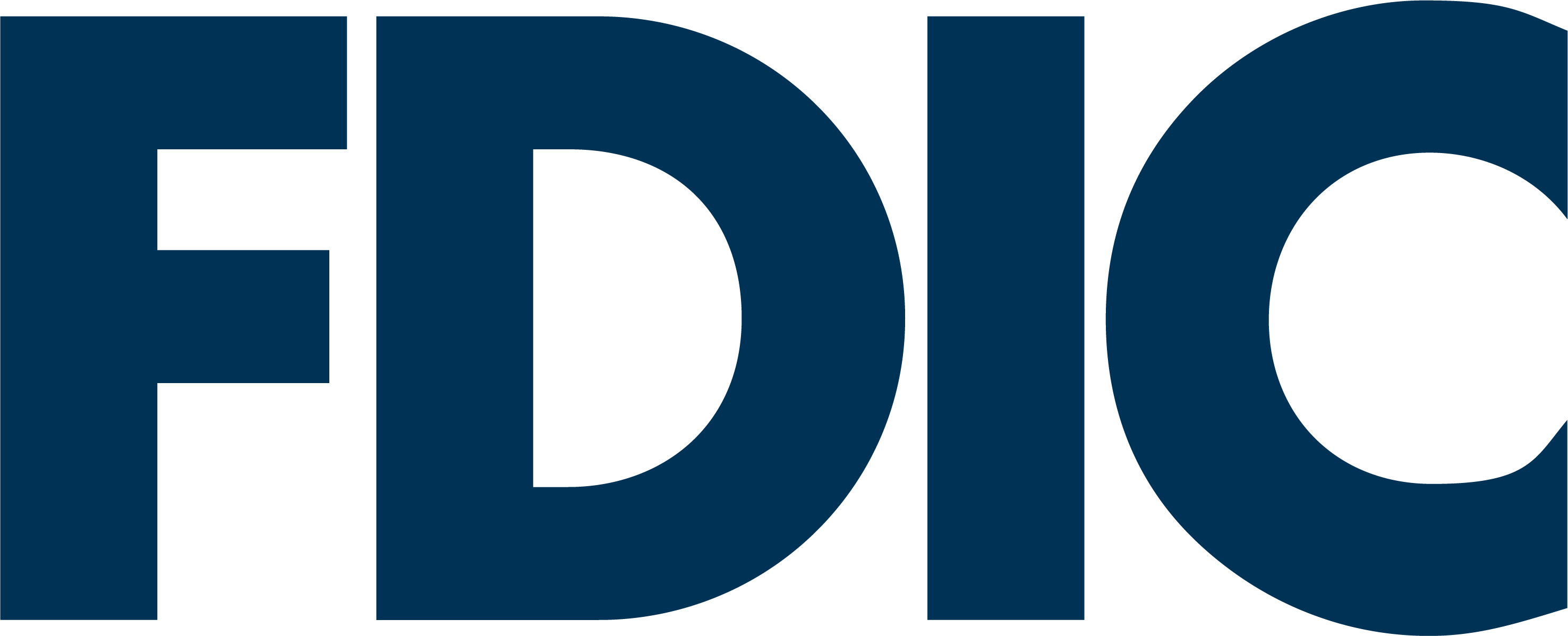Budgeting 101

Budgeting doesn’t have to be tough. At the basic level, budgeting means you understand exactly how much money you earn and then you make smart decisions about how you manage that money. On the other hand, life can sometimes get in the way when there are unexpected expenses or emotional whims that can blow up your budget. The key is to minimize, or better prepare for, those occurrences with a solid budgeting strategy that includes building up your savings account.
Budgeting 101: Tracking Your Expenses
A big first step in creating a household budget is figuring out your monthly expenses. Thinking of all the things you spend money on will take some work, so don't get frustrated if it doesn't all happen in a single sitting.
- Start by making a list of the money you spend and what you spend it on. This includes grocery store visits, online shopping, pet care, loan payments, utility bills, prescriptions—any and everything you spend money on.
- If you only have 3 months’ worth of bills, add those totals and divide by 3 or if you have a full year’s worth, divide by 12 and so on.
- If you don’t keep your bills and receipts handy, sign in to online banking and check your statements. You’ll be able to track what you’ve paid for with your debit card, as well as any paper checks you’ve written.
Budgeting 102: Tracking Your Income
Only spending what you can afford is one of the prime considerations when developing a budget. When you know how much money you have, you’ll know how much you can afford to spend as well as what you can save. Tracking your income is easy:
-
First things first, how much do you currently have in the bank? Money you have in your checking and savings accounts becomes your starting point. But don’t touch your savings—this is your head start for the future.
- How much do you get paid? This includes paychecks and other regular income you might get.
Budgeting 103: Creating and Managing Your Budget
Once you have your expenses and income numbers, it’s time to create your budget. Your list of expenses will be the total of what you can predict having to spend each month. Your income numbers are how much money you have to cover those expenses—and hopefully you will have enough left over to set aside for saving. A few things to consider:
-
Can you reduce expenses in order to save? Are you spending too much on entertainment? Raising the temperature in your house by a degree or two in the summer or lowering it in the winter can cut utility bills. If you can afford it, paying off loans early will save money on interest payments. Do you need to drive as much as you do? Reducing time in the car will cut your gasoline and maintenance costs.
- Give yourself a challenge: Try to reduce your expenses and keep them down. The money you save becomes income.
- Your goal should always be to spend less than you earn. Use that extra money each month to put in some sort of savings account offered by your bank or other trusted financial institution.
It takes discipline to create and stick to a budget. Remember to take care of important costs first—like housing costs, groceries, loan and insurance payments—before working in items like shopping or entertainment.
Balance your fun and your future by setting aside extra money in an interest-earning savings account at United Community Bank or a safe investment, such as one of our certificates of deposit. When you get a better handle on your finances, you will be able to enjoy life without worrying so much.
{^widget|(image1)%7e%2fgetmedia%2ffcdad908-37cd-4c5c-a1c3-20025831bc63%2f1621_BusinessChecking_Icon_DebitCards.png%3fwidth%3d65%26height%3d65%26ext%3d.png|(link1text)See+My+Checking+Options|(fullwidth)True|(link3text)Let%27s+Go!|(title2)Savings+that+fit+your+lifestyle|(title1)Checking+that%26%2339%3bs+made+for+you.|(image2)%7e%2fgetmedia%2f18acd041-5932-4cab-8a23-85dff1bbd9fb%2f1621_PersonalSavings_Icon_Digital.png%3fwidth%3d65%26height%3d65%26ext%3d.png|(link2)%7e%2fpersonal-banking%2fsavings%2f|(link3)%7e%2fsupport%2flearning-center%2fplanning-your-finances%2f|(link2title)See+My+Savings+Options|(link1)%7e%2fpersonal-banking%2fchecking%2f|(widget_displayname)Icon+Callout+Inline|(link3title)Let%26%2339%3bs+Go!|(name)IconCalloutInline|(image1alttext)debit+card|(title3)Ready+for+more%3f%26nbsp%3b|(contenttext2)Whether+you%26%2339%3bre+just+starting+out+or+well+into+retirement+planning%2c+we+can+help.%26nbsp%3b|(heading)How+can+we+help+you%3f|(image3)%7e%2fgetmedia%2fc560ce3c-df04-473d-9d3e-290b1d1bb5c9%2f1621_LendingLoans_Icon_Capital.png%3fwidth%3d65%26height%3d65%26ext%3d.png|(image3alttext)money|(link1title)See+My+Checking+Options|(contenttext3)Keep+the+learning+going!+Get+more+curated+budgeting+tips.|(contenttext1)Our+checking+account+options+are+designed+with+you+in+mind!%26nbsp%3b|(link2text)See+My+Savings+Options|(image2alttext)piggy+bank|(usespeedbump1)False|(usespeedbump3)False|(usespeedbump2)False|(width)|(height)^}













